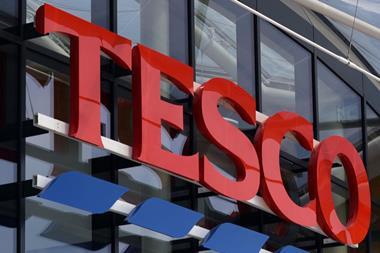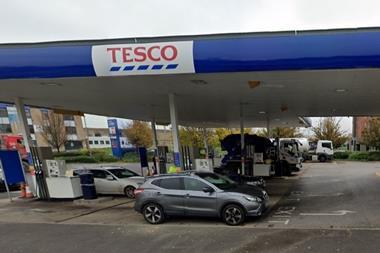The PRA has written to transport minister Andrew Jones, raising its concerns that government ministers are drawing up plans to introduce new ‘green petrol’, in a move which will push up costs for UK fuel retailers and may force some out of business.
As Forecourt Trader reported on Wednesday, members of the Department for Transport energy select committee have been told that introducing E10 fuel is the UK’s only viable route to meeting the emissions targets, which call for 10% of transport energy to come from renewable sources by 2020.
However, UK forecourts have said it will push up infrastructure costs and may not work on almost 1.2million older cars.
Brian Madderson, chairman of the PRA commented: “The proposed new standard E10 fuel is said to have lower energy content than the current E5 fuel and will be less efficient by reducing miles per gallon. To reflect this, the PRA believes that the wholesale price of fuel should be set at a proportionately lower level by reducing duty. This is a step which needs to be calculated and agreed between the government and the industry.
“The majority of filling stations in the UK are unable to stock three grades of petrol due to limited tanks/pipes/dispensers. This would cause immense financial disadvantages to the smaller, often rural filling stations which generally have facilities limited to a single grade of petrol, and thus would lose out on serving all sectors in the market. These vulnerable sites would be forced to close down as a result.
“One of our members, Certas Energy, which has storage and distribution terminals across mainland UK and supplies nearly 1,000 independent retailers including the Western and Northern isles of Scotland, feels that the government is moving the industry towards a difficult situation whereby it would have to stock not just three, but four grades of petrol because they cannot supply ethanol grades offshore.”
Certas Energy retail director Ramsay MacDonald commented: “We share the PRA’s concerns that a more thorough debate is needed on this important issue. To cover all cars means selling at least two grades of fuel and most of our rural sites don’t have this capacity. The proposals as they stand will have zero benefit for independent retailers or their customers, and many potential downsides.”
Madderson concluded: “Despite the government’s focus on carbon reduction measures and the potential benefits to the environment with the introduction of E10 fuel, independent fuel retailers do not support the proposals. At this stage the PRA believes that a more thorough debate is needed on the commercial issues and cost implications to motorists and has requested an urgent meeting with the minister to discuss this further.”






























No comments yet